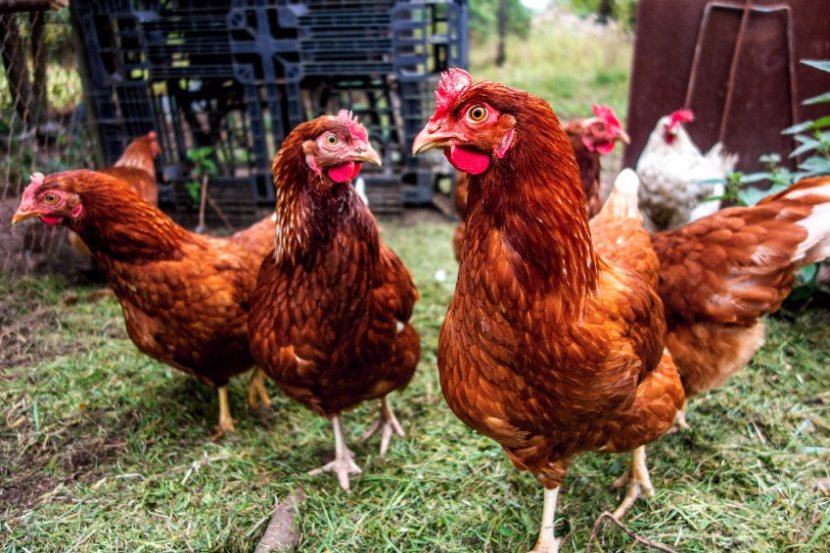
The UK's Chief Vet has urged farmers and bird keepers to boost their biosecurity as compulsory housing measures for poultry and captive birds will be rolled out in East Anglia tomorrow.
Keepers in Norfolk, Suffolk and parts of Essex must keep their birds indoors and follow strict biosecurity measures to help protect their flocks, of whatever type or size.
The government said it expects the number of cases to continue to rise over the coming months as migratory birds return to the UK.
The UK has faced its largest ever outbreak of bird flu, with over 170 cases confirmed across the country since late October 2021.
On Monday (10 October), authorities confirmed three new cases of highly pathogenic bird flu, all located in Norfolk.
Dr Christine Middlemiss, the UK’s Chief Veterinary Officer, said bird keepers in the affected regions must prepare for the mandatory housing measure, which will be rolled out from 00:01 on Wednesday (12 October).
These include taking steps to safeguard animal welfare, consulting vets and expanding housing where necessary, she explained.
The new housing measures build on the strengthened biosecurity measures that were brought in as part of the regional Avian Influenza Prevention Zone (AIPZ) last month.
In addition to this, a regional AIPZ remains in place across Devon, Cornwall and parts of Somerset, where keepers must follow stricter biosecurity measures.
Dr Middlemiss said: "We are seeing a growing number of bird flu cases on commercial farms and in backyard birds across the country driven by high levels of disease within wild birds.
"Unfortunately we expect the number of cases to continue to rise over the coming months as migratory birds return to the UK, bringing with them further risk of disease that can spread into our kept flocks."
She added: "We’re taking action already by implementing regional Avian Influenza Prevention Zones and housing measures in the worst-affected areas.
"But it is important that all bird keepers – wherever they are in the country – ensure that cleanliness and hygiene are at the forefront of their minds to keep their flocks safe and limit the impact of the outbreak."
The regional housing measures and AIPZs will remain in place until further notice, the government said, and will be kept under regular review as part of work to monitor and manage the risks of avian influenza.
The wild bird risk across Great Britain is maintained at 'medium' and the risk to poultry with stringent biosecurity is maintained at 'low'.
However, the risk to poultry with poor biosecurity has been increased to 'medium', in light of the increased number of infected premises observed during September.
